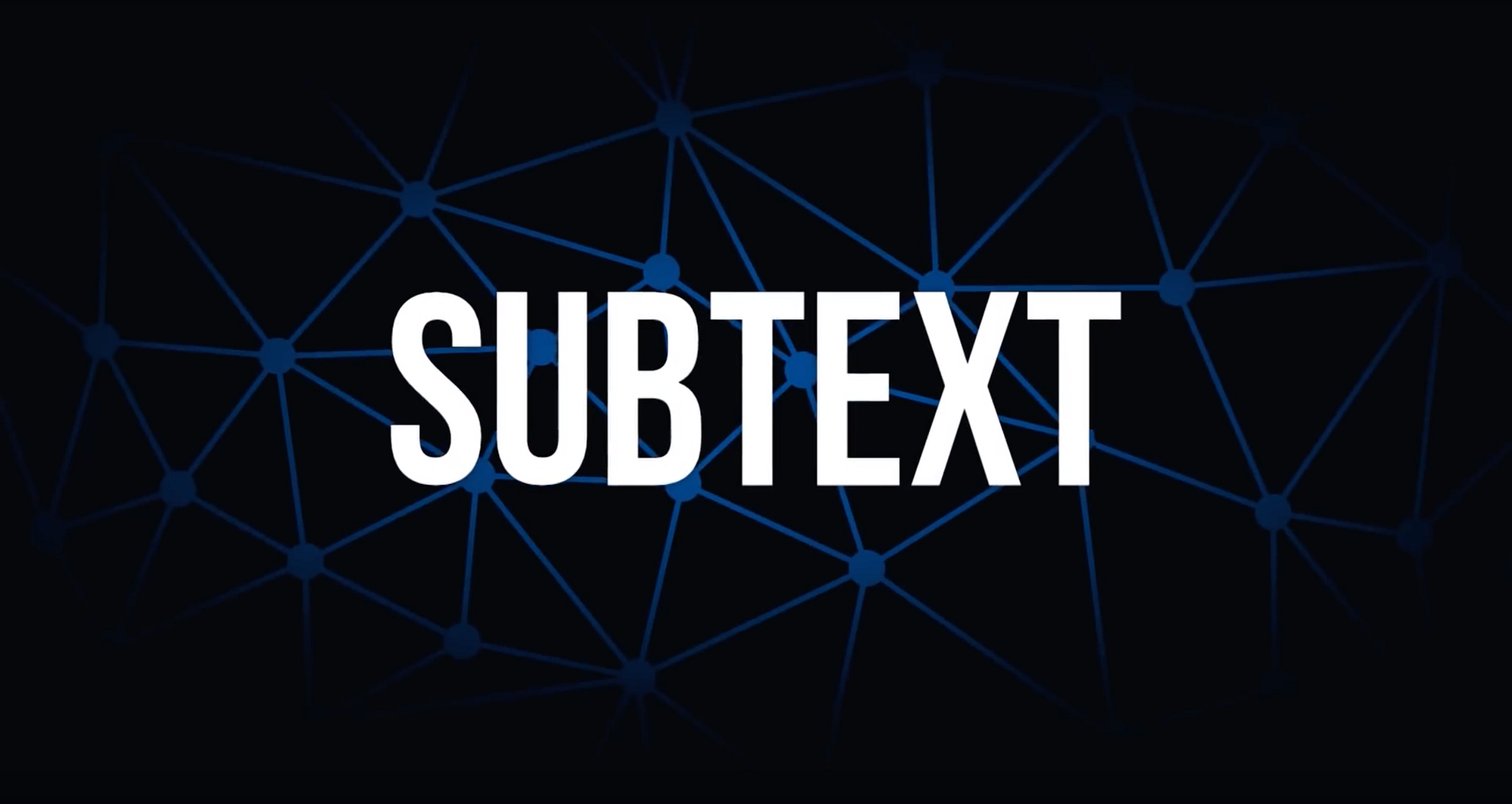
I’m sitting at my desk at work when I hear the ping of my cell. I’m in the middle of some spreadsheets, fidgeting with a desktop bobblehead of Loki from the Marvel movies as I chew over some numbers.
It’s Davey, sending me a quick text.
“What do you need, Davey?”
“Just saw three guys unlock the room across from me and drag somebody out.”
He’s attached an audio clip to the message. It’s a recording of someone screaming: a woman’s voice, panicked and ragged with fear. I prepare a cup of coffee and decide to take my lunch break a little bit early. Then I take a sip and start working on cracking the code to unlock Davey’s door.
Who is Davey, exactly? He’s just the kidnapping victim I’ve been helping to escape for the past two days. We’ve gotten some info on how the locks work, and who’s holding him hostage, but this is his — our — first exploratory mission out of his cell. This has required me to bounce between the cell phone, assorted corporate websites, and a pastebin data dump.
And by this point… I don’t know where I’m going to head next.
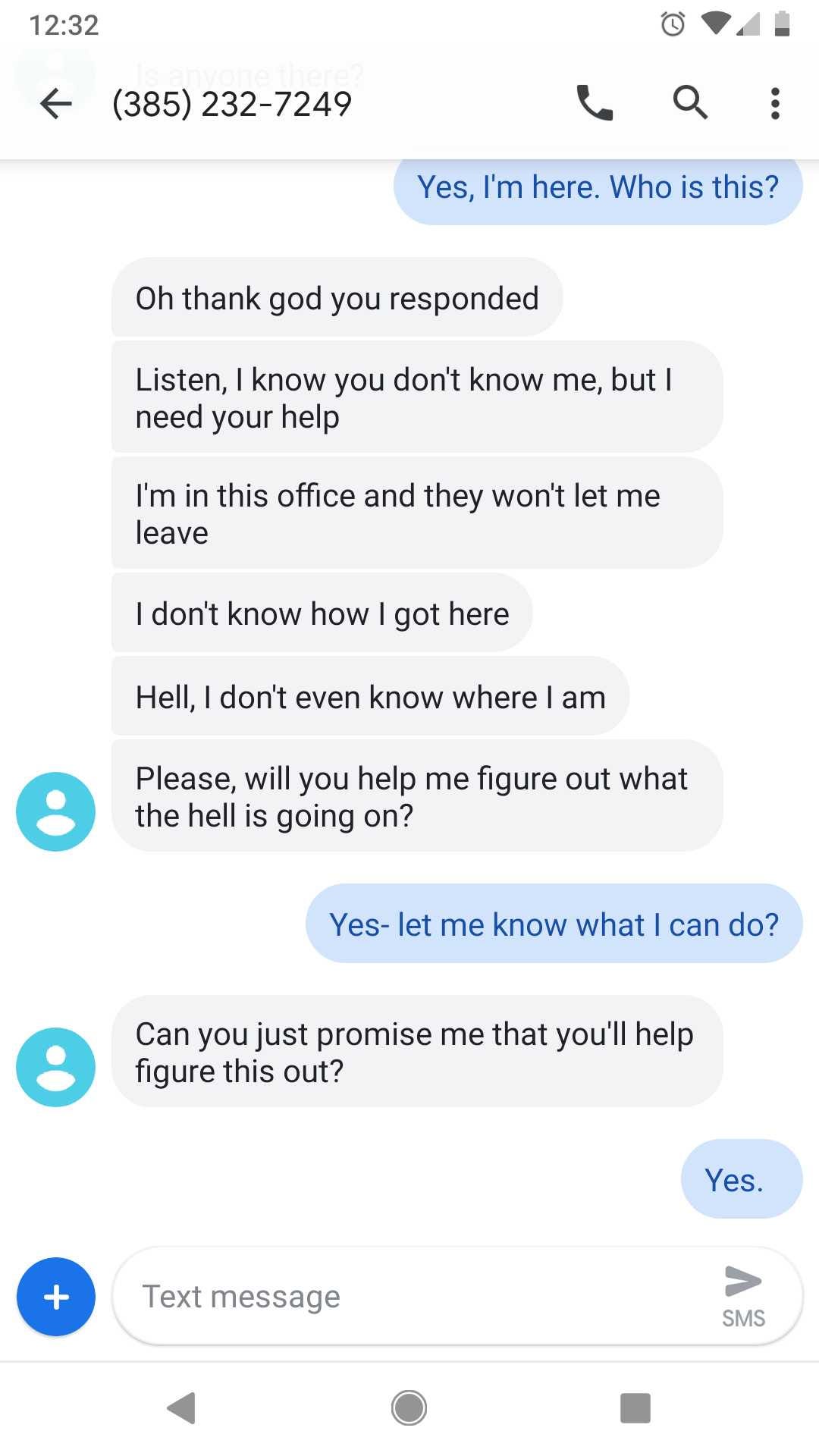
Subtext is less a game, and more a digital theatrical experience: one that’s peppered with puzzles. Even the trailer (one of the most masterful I’ve seen an alternate reality game attempt to do) blurs the lines between reality and fiction, with solutions to fictional problems being found in your physical reality. After submitting your phone number and (optionally) your mailing address, you’ll receive your first text message. Davey has found you and is scared; he’s been kidnapped and needs your help to escape.
Get Blake Weil’s stories in your inbox
Join Medium for free to get updates from this writer.
SubscribeSubscribe
Needless to say, the plot twists and turns, with increasingly meta strangeness. While the initial twists were predictable, as the game went on it managed to get a few real shocks in. For a game that plays in well worn sci-fi tropes of AI and evil corporations, the fact Subtext did something unique was the biggest twist of all. Towards the end, one particular use of my messaging app’s interface made me audibly gasp at my work desk — the boundaries between the game, the demo, and my decision to play were suddenly blurred. End-game twists had me sweating bullets, realizing how the borders of the game were collapsing one by one into the real world.
The game’s over. I can take a deep breath, I would think.
And then another layer would be stripped away, drawing me back into the world.
Compared to the suspenseful storytelling, the puzzles themselves were more of a mixed bag. Each one cleverly worked through real world sources. However, the fact that the whole process was automated threw a wrench into the works. Responses were somewhat personalized based on information I had previously input, but repeated responses occasionally broke the illusion of a live person on the other end. Sometimes automated responses would work perfectly. Other times, I’d find myself spamming the bot, trying to find just the right word to continue the story.
Overall, though, Subtext represents an exciting new frontier in interactive entertainment. Although occasionally frustrating, it shows how immersive, private experiences can be scaled without losing their potency (even if there were occasional technical difficulties). Subtext is also a steal at seven dollars. I got hours of entertainment over the course of three days, and hours more crafting theories with friends and fellow players. Anyone who’s curious about the future of the immersive entertainment space, or a fan of paranoia-inducing ARGs (The Black Watchmen, The Leap Year Society, etc.) owes it to themselves to play; although the experience slightly unpolished, it’s a clear vision of where interactive entertainment can head to in the future.
Subtext is an ongoing remote experience. Tickets are $7.
NoPro is a labor of love made possible by our generous Patreon backers. Join them today!
In addition to the No Proscenium web site, our podcast, and our newsletters, you can find NoPro on Twitter, Facebook, YouTube, Instagram, in the Facebook community Everything Immersive, and on our Slack forum.
Office facilities provided by Thymele Arts, in Los Angeles, CA.



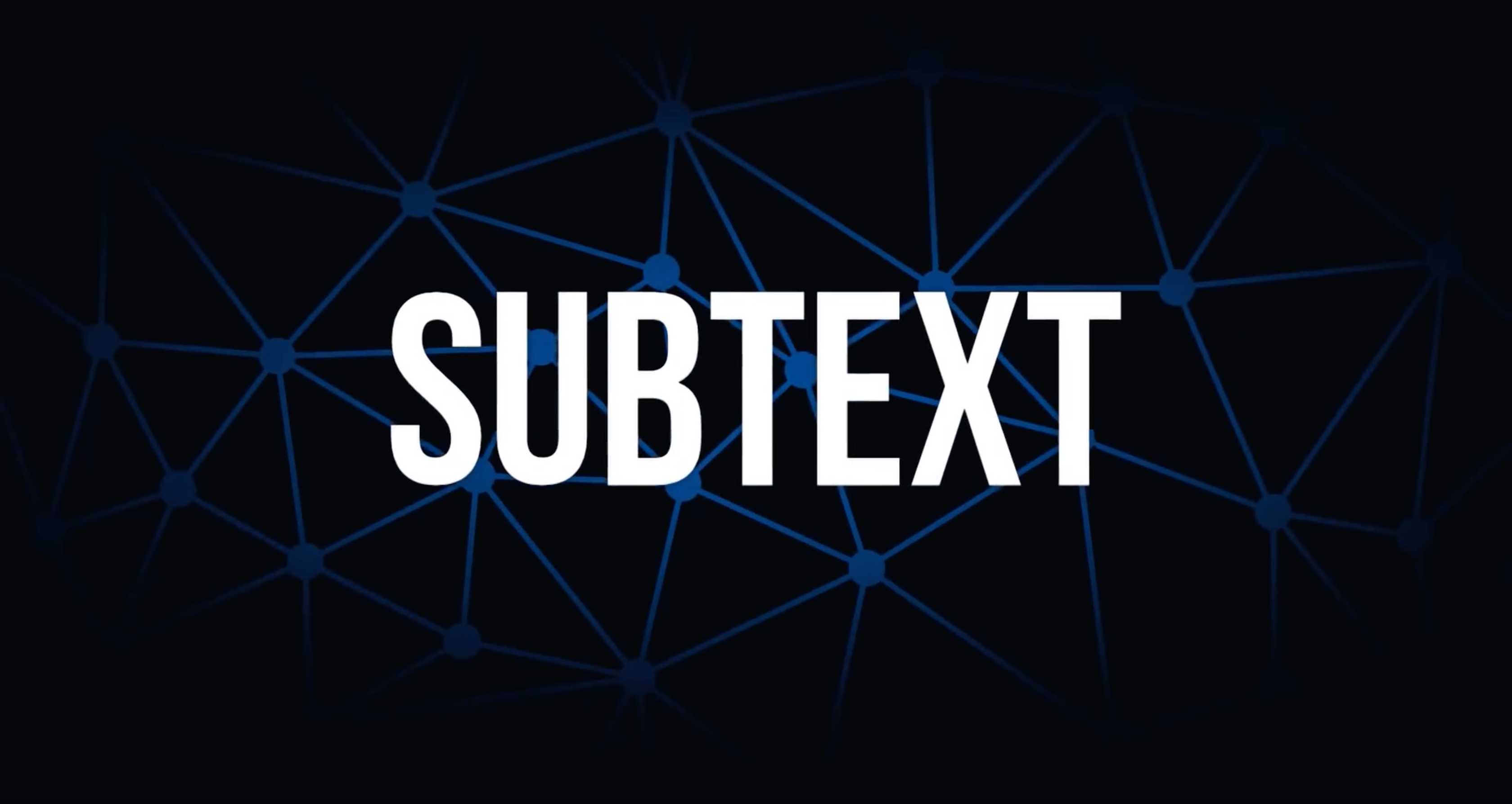
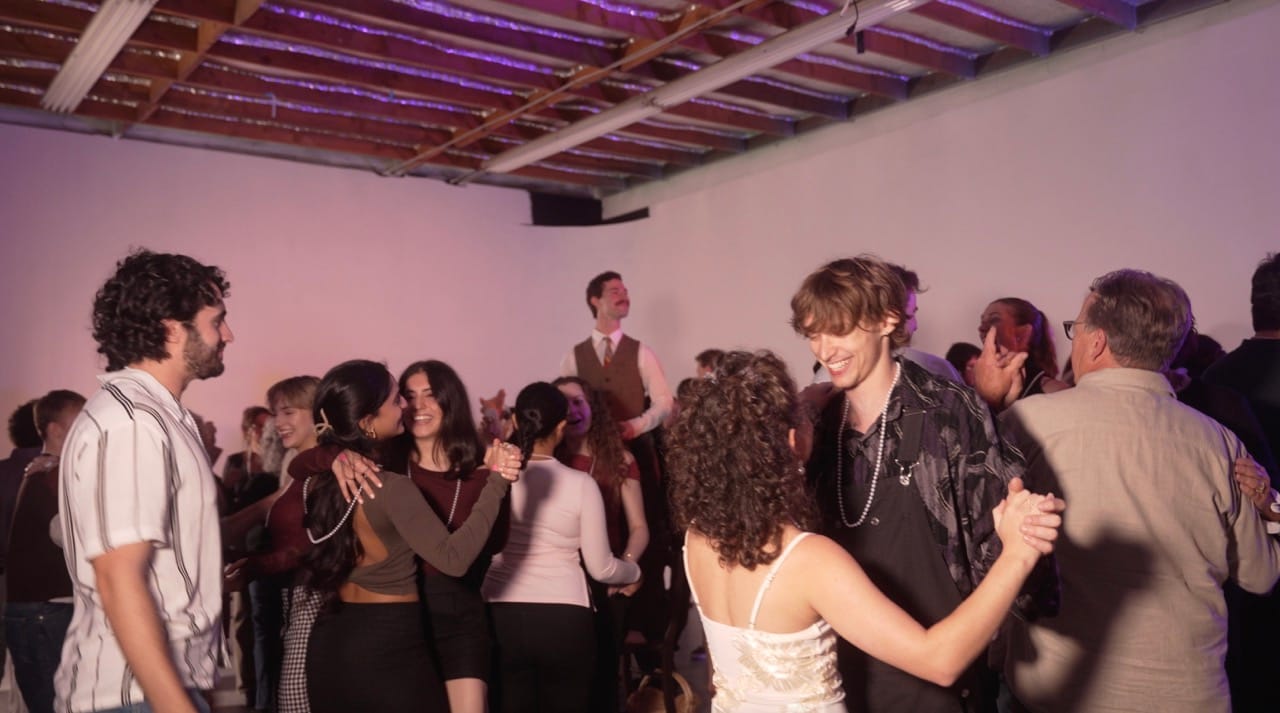


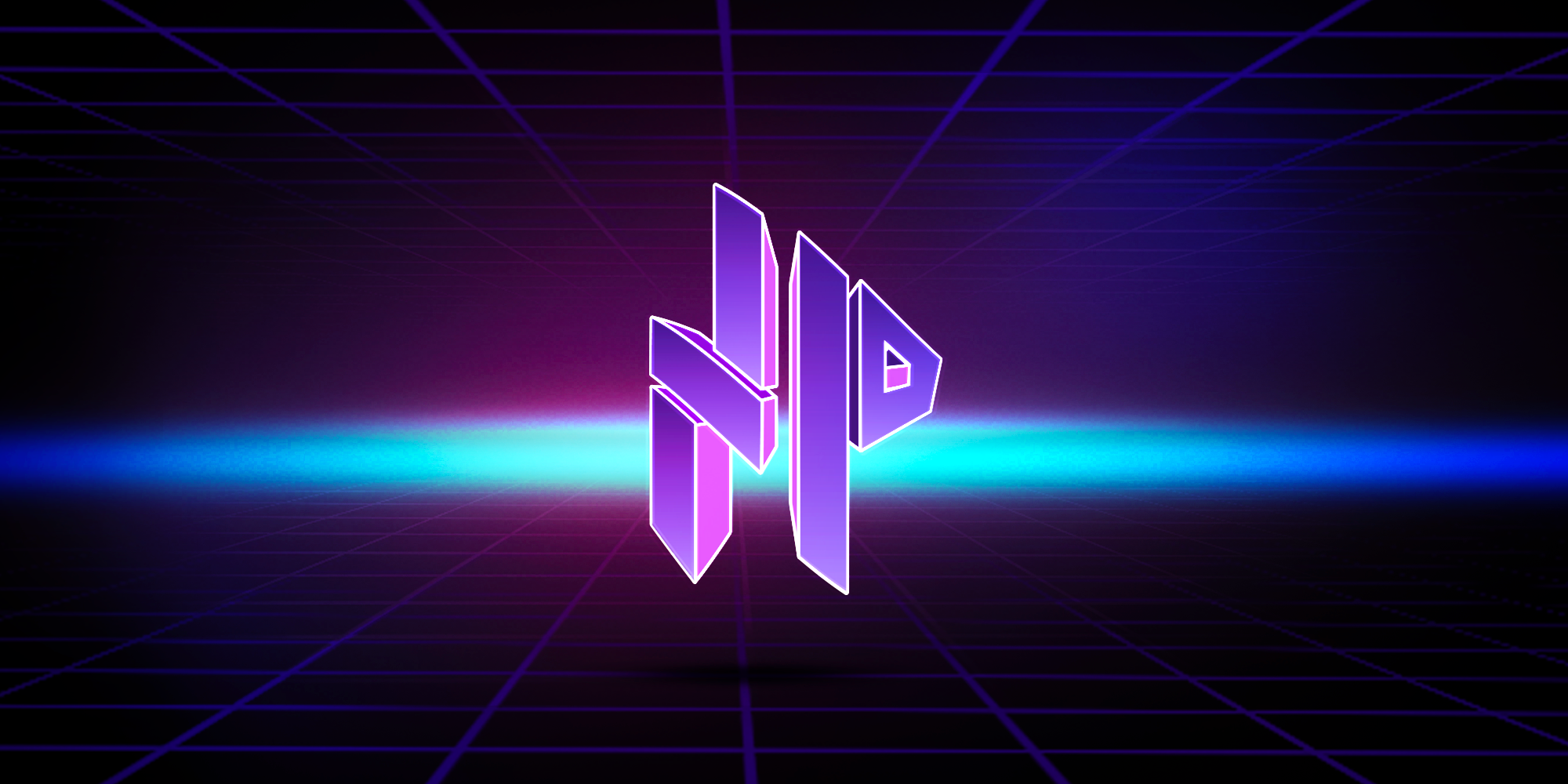
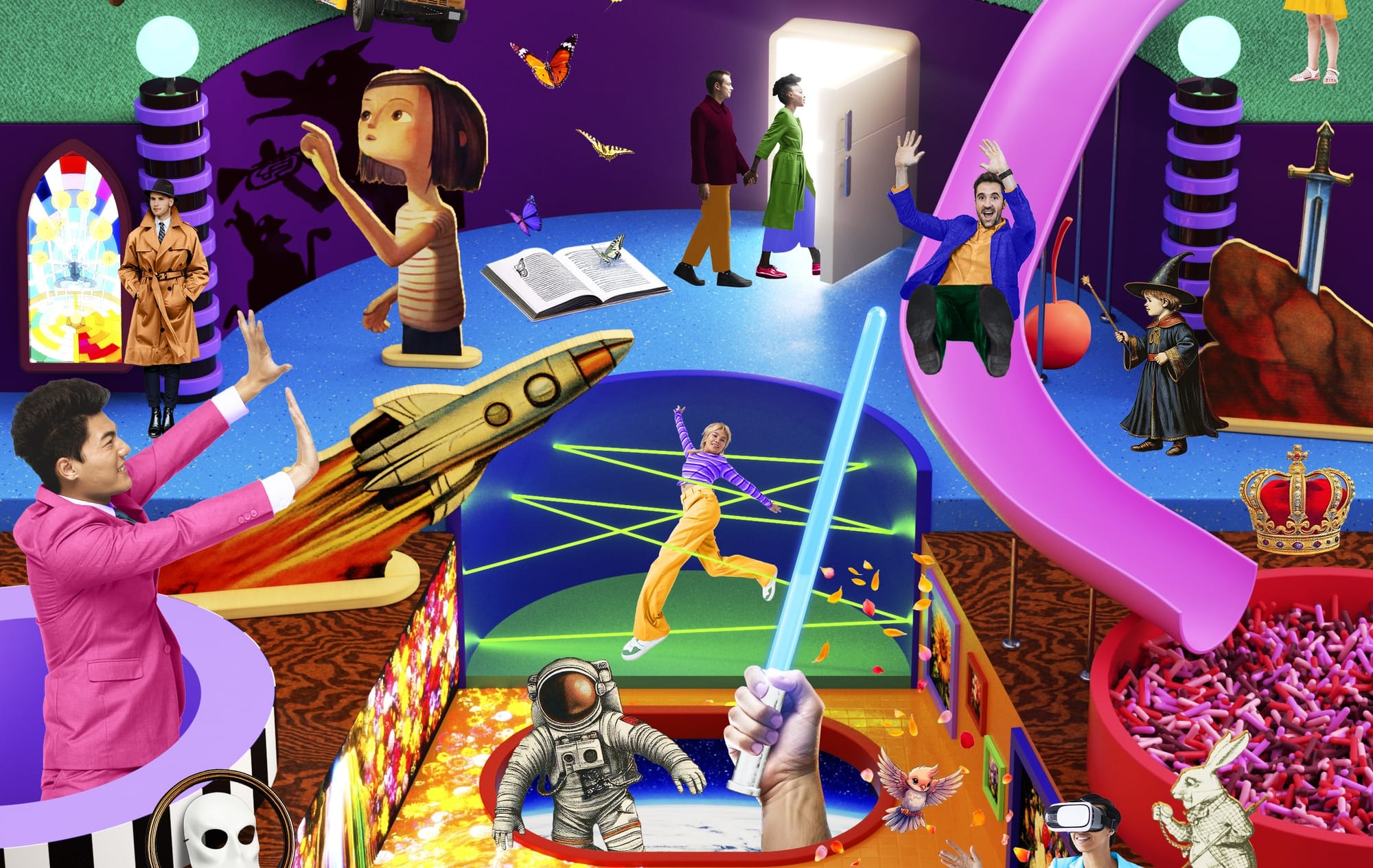
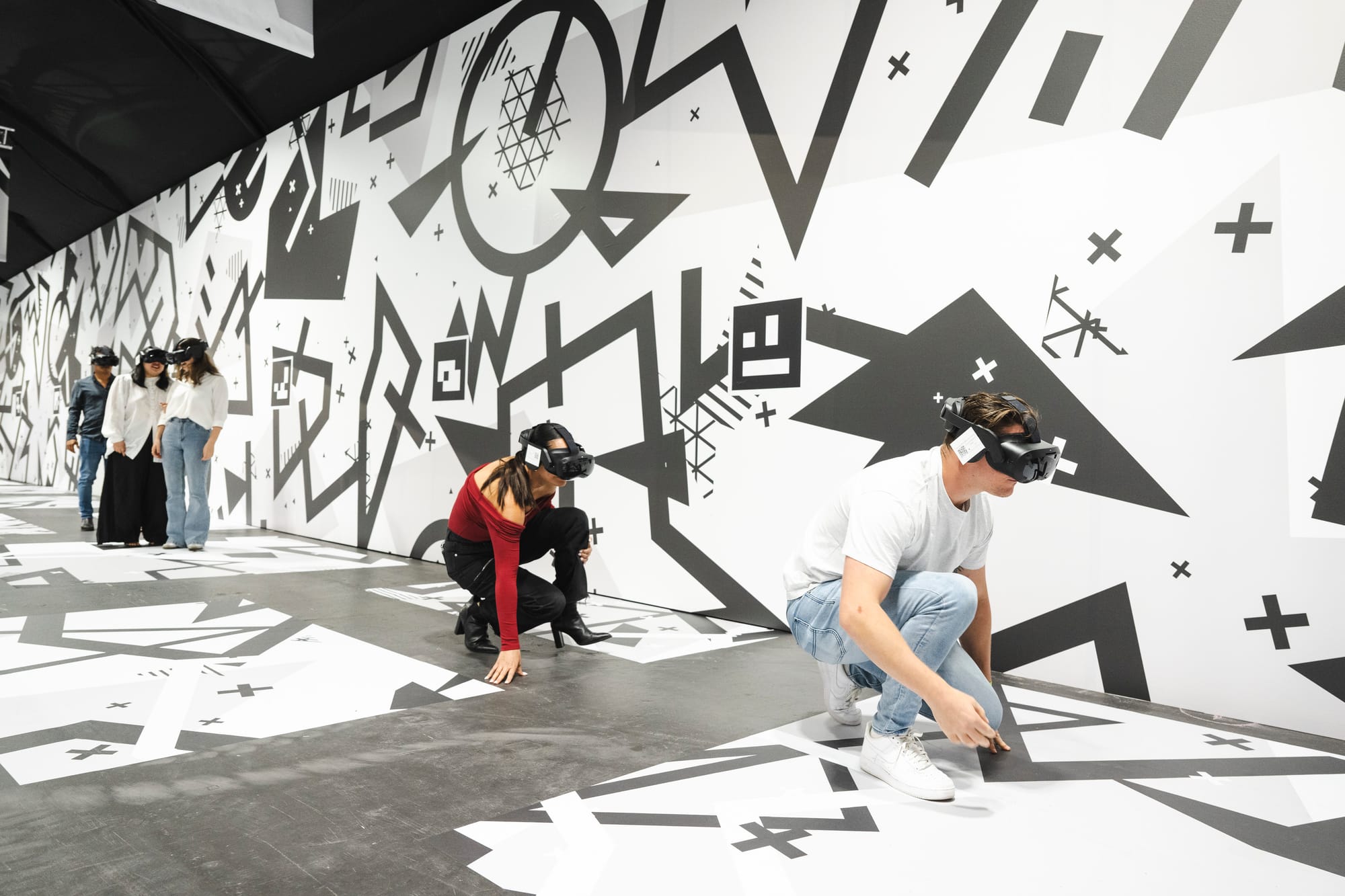

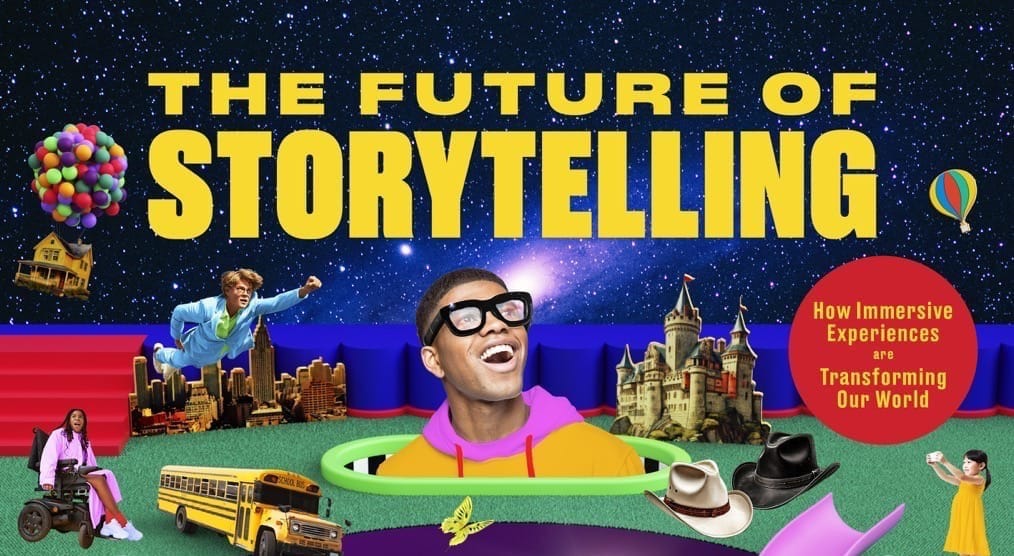

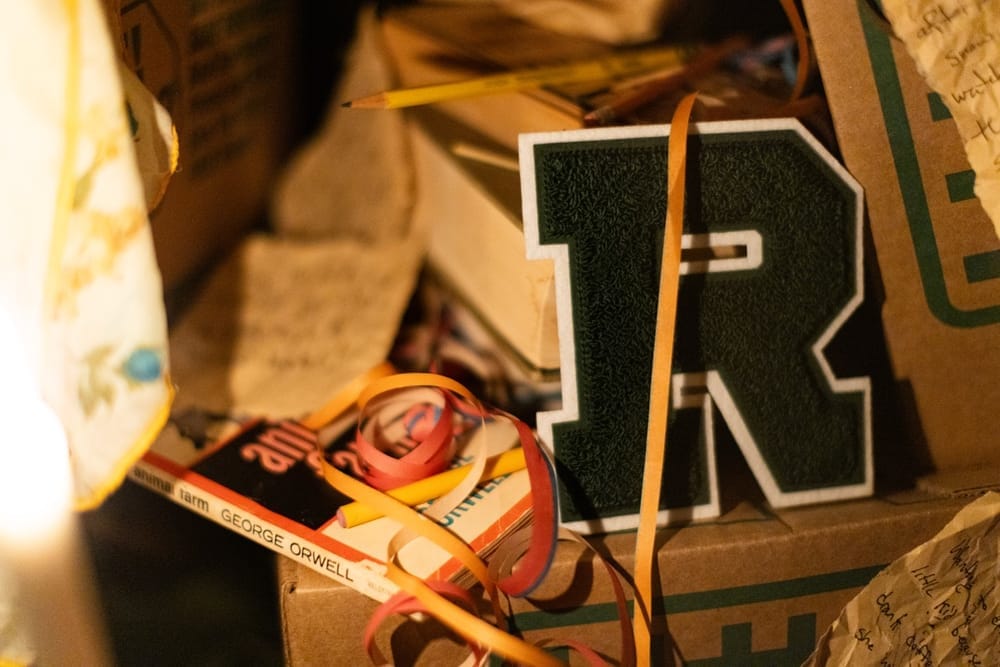


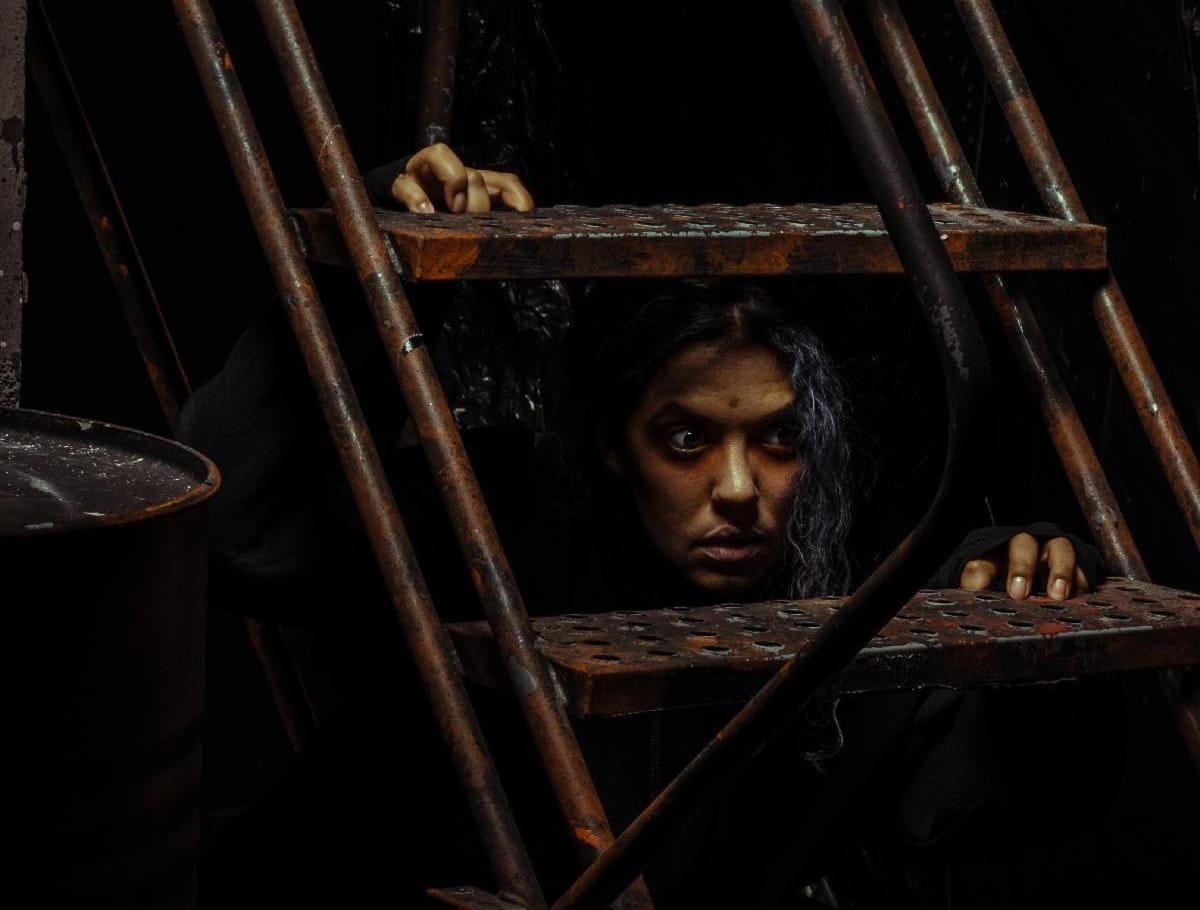
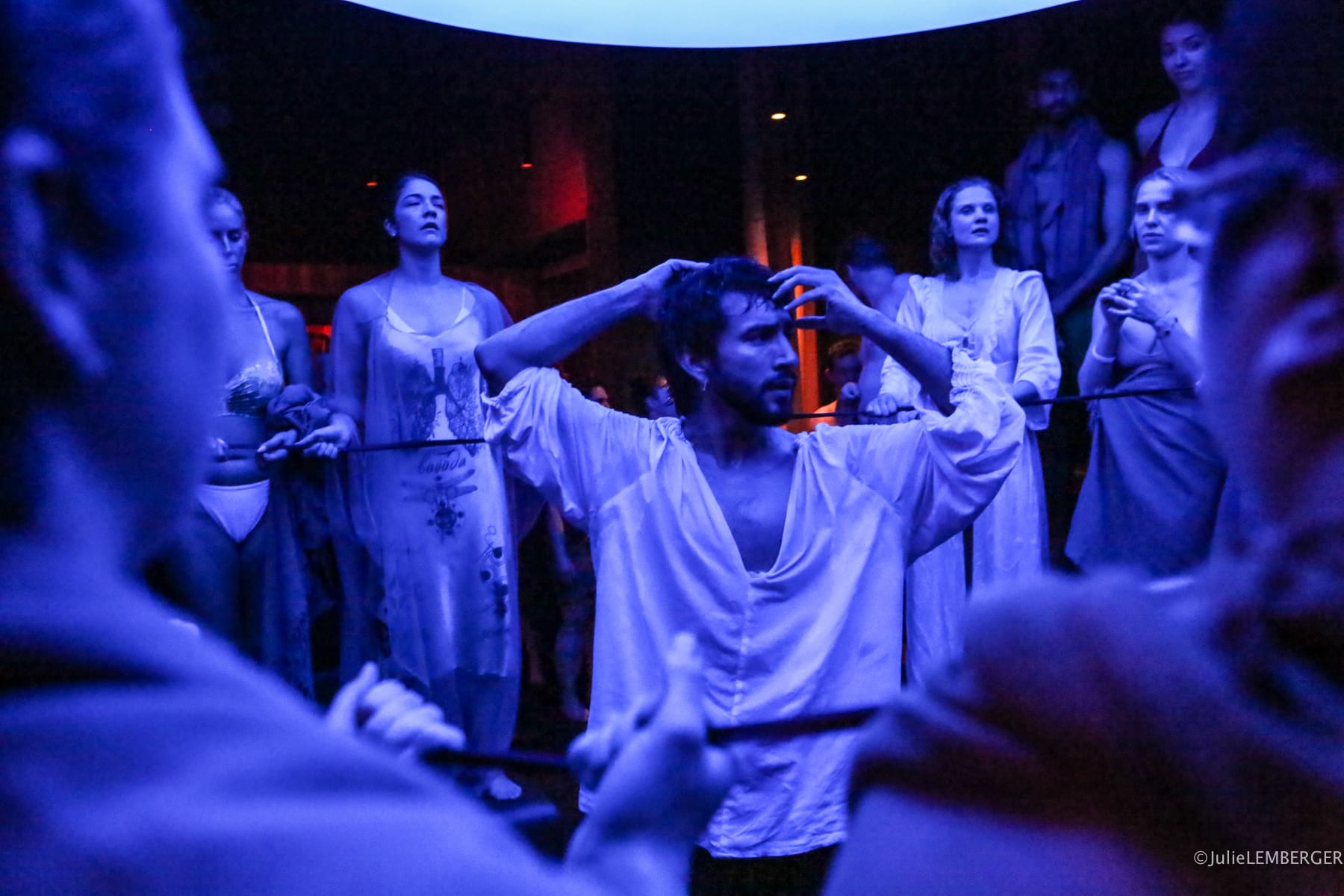

Discussion